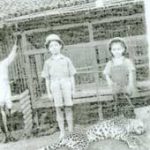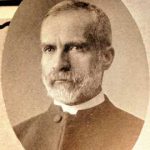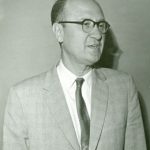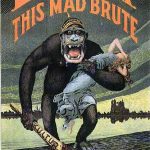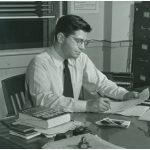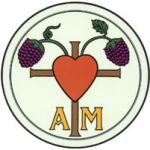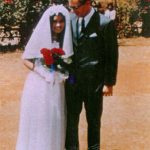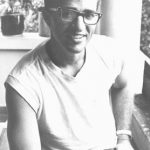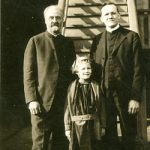This past summer Warren Garner donated letters to BHLA that were written between his parents and his mother to her parents. These letters were written while the Garner family was living in India, and the letters were written while the Garner family was Church of the Brethren Missionaries in India. By the time the Garners arrived in India the Church of the Brethren already had a history of mission work in India. The Church started here in 1895 and continued until the Church of the Brethren in India became an independent church. The Garner family was in India from 1916 until 1932, and these family letters give us the chance to see the mission field through a different lens.
